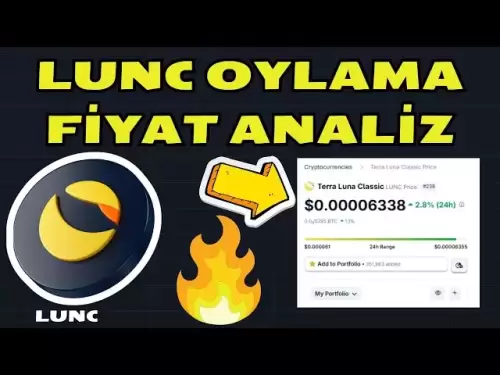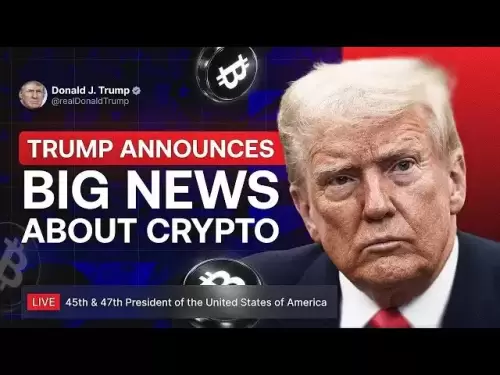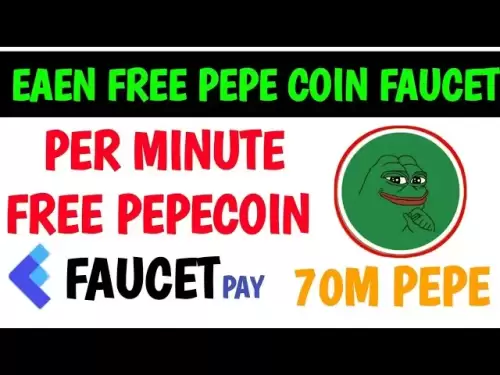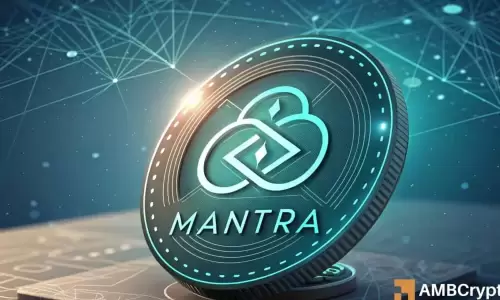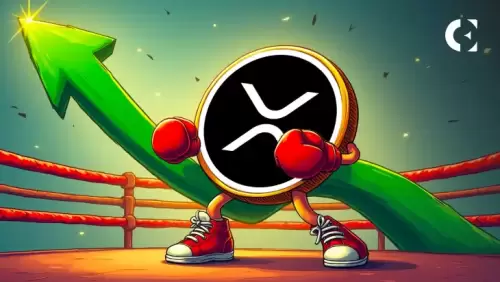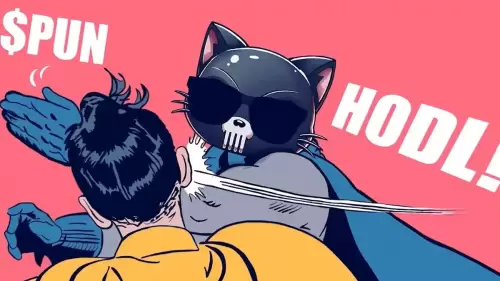 |
|
 |
|
 |
|
 |
|
 |
|
 |
|
 |
|
 |
|
 |
|
 |
|
 |
|
 |
|
 |
|
 |
|
 |
|
Cryptocurrency News Articles
UAE's Digital Asset Revolution: Stablecoin Regulations Take Center Stage
Jul 26, 2025 at 10:01 am
Explore the UAE's progressive approach to digital assets, focusing on stablecoin regulations and their impact on the crypto ecosystem.

UAE's Digital Asset Revolution: Stablecoin Regulations Take Center Stage
The UAE is carving out a significant role in the global digital asset landscape. With a focus on stablecoin regulations, particularly those tied to the AED, the nation is signaling its commitment to fostering a secure and innovative crypto environment. Let's dive into the key developments and insights shaping this exciting space.
UAE's Proactive Stance on Stablecoin Regulations
The UAE is taking a serious approach to crypto regulation and innovation. The introduction of AED-backed stablecoins is a testament to this commitment. These stablecoins are designed to tailor financial tools to regional needs, supporting local businesses and consumers while promoting financial inclusion. This move isn't just about creating another stablecoin; it's a clear signal of the UAE’s ambition to build a regulated, forward-thinking crypto ecosystem capable of competing globally. With regulations slated to take full effect by June 2025, the Emirates are setting the stage for a more trusted and reliable digital asset market.
The Genius Act and its Global Ripple Effect
The Genius Act signed by US President Donald Trump, aimed at regulating dollar-pegged stablecoins, is expected to boost confidence in digital assets worldwide. Experts believe this will draw more users, including newcomers in the UAE, to crypto by making stablecoins safer and more mainstream for payments and decentralized finance (DeFi). This regulatory framework is a significant leap from the early days of “speculative chaos” in the crypto world.
Driving Regional Financial Sovereignty
The UAE's focus on local fiat-backed stablecoins reflects a regional ambition to diversify beyond the dominance of USD stablecoins. This is positive for the country, creating opportunities and reducing reliance on the US dollar. Non-USD stablecoins like AED-backed tokens are crucial for regional trade, catering to local markets and driving global crypto diversity. Supporting AED stablecoins can attract MENA users, while USD stablecoin compliance ensures broader market access.
Tokenization of Real Estate in Dubai
Dubai is also pioneering new initiatives like Prypco Mint, a platform for tokenizing real estate. This allows investors to purchase fractional ownership in Dubai properties using local currency, starting at affordable amounts. By 2033, tokenized real estate could account for a significant portion of the city's property transactions, showcasing the UAE's commitment to integrating blockchain technology into various sectors.
Tether's U.S. Expansion Plans
While the UAE focuses on its regional strategy, Tether, the issuer of USDT, is actively planning to enter the U.S. stablecoin market. Despite increasing competition from major banks launching their own stablecoins, Tether is confident in its technology and understanding of the industry. Tether's cooperation with regulators, including freezing funds linked to illicit activities, demonstrates its commitment to transparency and compliance.
Digital Asset Treasuries (DATs)
Another emerging trend is the rise of Digital Asset Treasuries (DATs), investment vehicles that equitize cryptocurrencies for traditional markets. Companies like MicroStrategy have paved the way for DATs by diversifying their balance sheets with Bitcoin. DATs offer exposure to crypto assets in a more accessible format for traditional investors and companies. This trend is likely to continue as legislation legitimizes digital assets, creating further opportunities in the crypto space.
Stablecoins vs. Gold
While stablecoins are gaining traction, it's important to consider their role alongside traditional stores of value like gold. Stablecoins offer utility, speed, and programmability, but they are still tied to fiat currencies. Gold, on the other hand, provides protection against inflation and fiat debasement. Many experts believe that holding both stablecoins and gold can help individuals navigate a volatile financial system with greater confidence.
Looking Ahead
The UAE is strategically positioning itself as a hub for digital asset innovation. By embracing stablecoin regulations, tokenizing real estate, and fostering a forward-thinking crypto ecosystem, the nation is setting a course for a dynamic and prosperous future. It's a thrilling time to witness these developments, and the UAE's journey into the world of digital assets is definitely one to watch!
So, whether you're a seasoned crypto enthusiast or just curious about the buzz, keep an eye on the UAE. They're not just talking about the future of finance; they're building it, one stablecoin at a time!
Disclaimer:info@kdj.com
The information provided is not trading advice. kdj.com does not assume any responsibility for any investments made based on the information provided in this article. Cryptocurrencies are highly volatile and it is highly recommended that you invest with caution after thorough research!
If you believe that the content used on this website infringes your copyright, please contact us immediately (info@kdj.com) and we will delete it promptly.





















